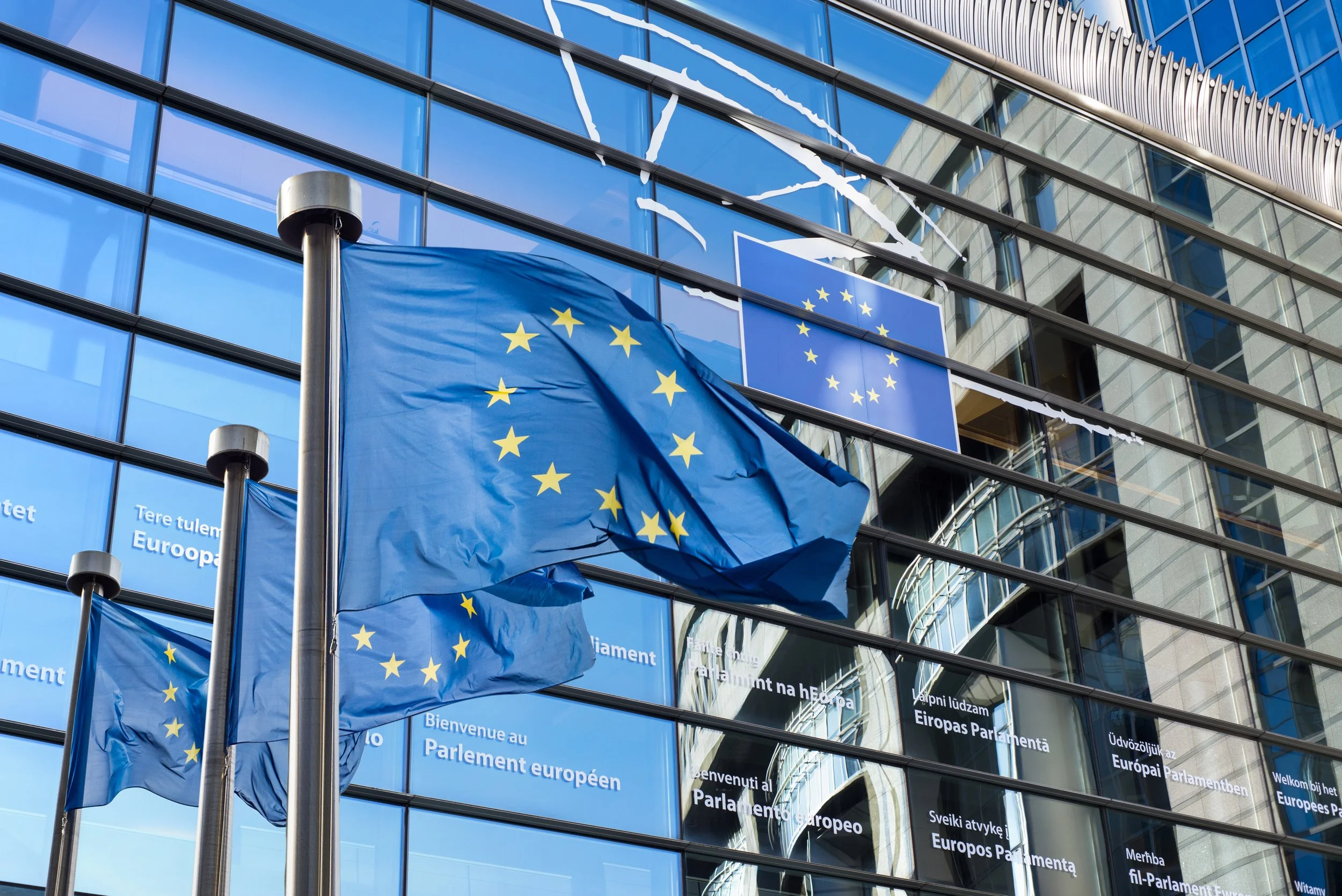How To Make Your Business More Attractive for the EU Market
The European Union (EU) remains an attractive market for businesses worldwide. However, entering and operating in this market is becoming increasingly challenging due to strict environmental regulations.
The EU and Sustainability
With the introduction of the Green Deal in 2020, the EU is committed to achieving net-zero greenhouse gas emissions by 2050. As a major step toward this goal, the EU aims to reduce emissions by 55% compared to 1990 levels by 2030. Sustainability is at the core of EU policy, directly impacting companies that want to do business in the region.
Put simply, the greener your company, the better your chances of entering the EU market. One of the latest regulatory steps is the July 2024 Directive on Corporate Sustainability Due Diligence (Directive 2024/1760), which requires large corporations to create sustainability plans aligned with the Green Deal’s targets. As a result, big businesses are prioritizing partnerships with companies that are carbon-neutral or actively adopting sustainable practices.
Although Directive 2024/1760 currently applies to large corporations (around 6,000 EU businesses), future regulations will likely affect all companies operating in the region.
The EU Green Deal and Its Impact on Imports
The Green Deal pushes businesses toward sustainability across their entire supply chain (CBI). EU companies are incentivized to source products that meet high environmental and social standards.
Transparency is also a growing priority. Manufacturers and retailers must disclose how and where their products are made, along with their environmental and social impact. As a result, sustainability certifications are on the rise. Products like coffee and cocoa often display certifications that prove they were produced using sustainable methods and ethical labor practices.
While specific environmental requirements for imported products are still evolving, one thing is clear: companies that want to continue doing business in the EU must prioritize sustainability. Fortunately, there are many ways to achieve this, from reducing harmful chemicals to adopting greener packaging and improving labor conditions.
One particularly effective solution is biomass gasification, a technology that helps businesses lower CO₂ emissions while increasing profitability.
Biomass Gasification: A Sustainable Energy Solution
Biomass gasification converts organic waste—such as wood chips, cocoa husks, and coconut shells—into renewable energy. Many companies currently burn their waste or send it to landfills, both of which release CO₂. Biomass gasification offers a cleaner alternative.
How It Works
This process occurs in a controlled environment at temperatures above 700°C, with limited oxygen to prevent combustion (US Department of Energy). Instead of releasing CO₂, the process produces syngas and biochar:
Syngas: A renewable energy source composed of hydrogen, carbon monoxide, and methane. It can be used for electricity generation, industrial heating, or biofuel production.
Biochar: A carbon-rich material that can store CO₂ for centuries. It improves soil health, reduces water use, and limits methane emissions.
Economic and Environmental Benefits of Biomass Gasification
How Biomass Gasification Makes Your Company Greener
1. Lower CO₂ Emissions
By preventing combustion and landfill decomposition, biomass gasification captures carbon instead of releasing it. Studies show that burning wood releases more CO₂ than burning oil, gas, or even coal (The Guardian, 2018). Additionally, decomposing organic waste emits methane, a potent greenhouse gas. Biomass gasification mitigates these issues by storing carbon in biochar.
2. Renewable Energy Production
Syngas can be used for electricity, heating, and biofuel production, reducing reliance on fossil fuels.
3. Reduced Wildfire Risks
Agricultural and forestry industries can benefit from biomass gasification by reducing organic waste, which often fuels wildfires. By processing all forms of biomass waste, this technology lowers fire hazards and protects crops.
How Biomass Gasification Boosts Profits
1. Increased Market Appeal
Sustainability regulations in the EU are only getting stricter. Companies that fail to adapt risk losing access to this valuable market. Biomass gasification helps businesses align with EU environmental policies, making them more attractive to buyers and partners.
2. Energy Cost Savings
Businesses can use syngas to power operations, reducing energy costs. They can also sell surplus renewable energy for additional revenue.
3. Biochar Sales
Biochar has growing market demand. In 2023, the industry was valued at $600 million, with companies like Microsoft and Shopify investing in it (Reuters, 2022). The average biochar price in 2023 was $131 per ton (Cloverly, 2024).
4. Carbon Credit Opportunities
Biomass gasification can generate carbon credits, which represent the removal or reduction of CO₂. These credits are in high demand as companies seek compliance with strict emissions regulations. Prices can reach several hundred euros per ton of CO₂ removed.
The Future of Sustainable Business
As climate action becomes more urgent, businesses must adopt greener practices to remain competitive. Biomass gasification provides an effective way to comply with EU regulations while unlocking new revenue streams.
If you're interested in implementing this technology, contact us at sales@carbon2h.com or fill out our contact form.


